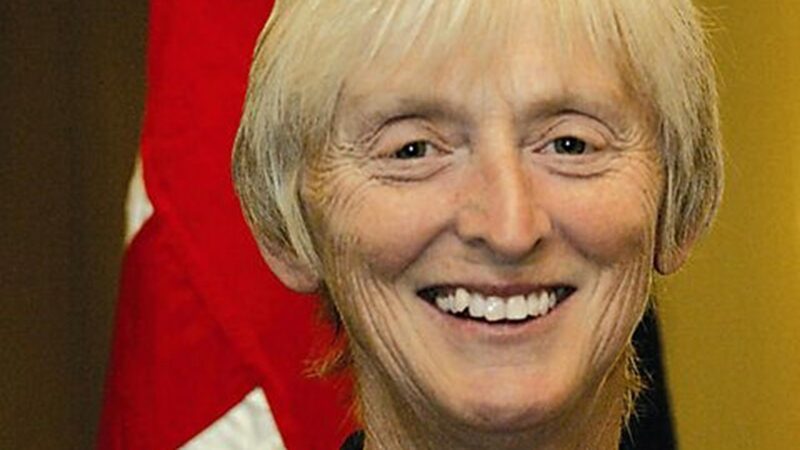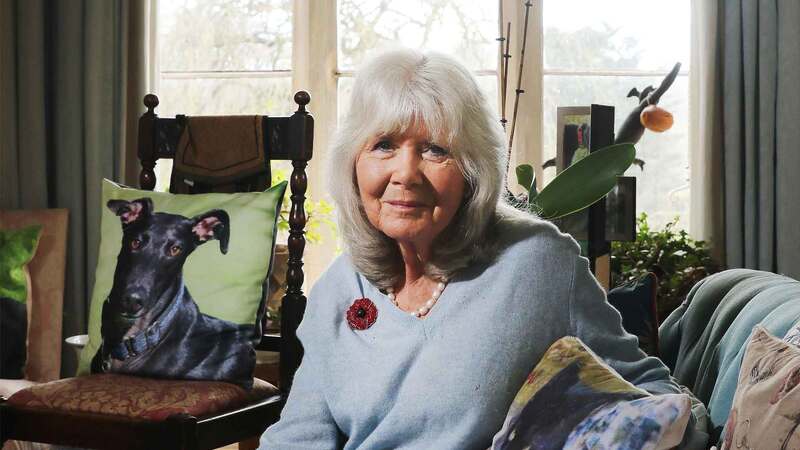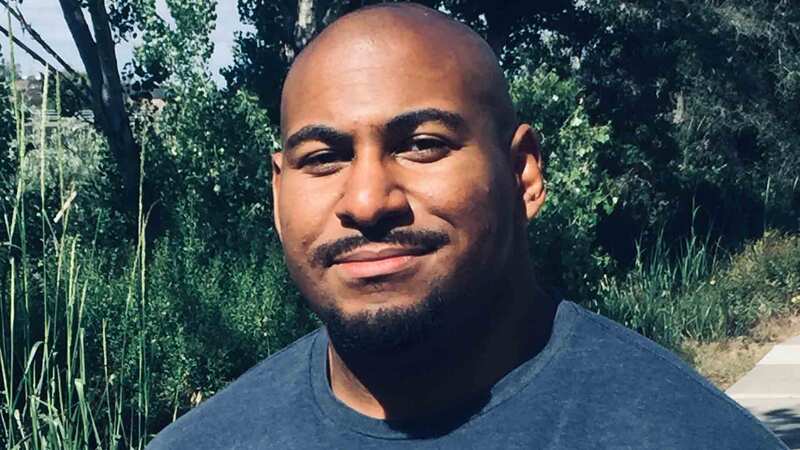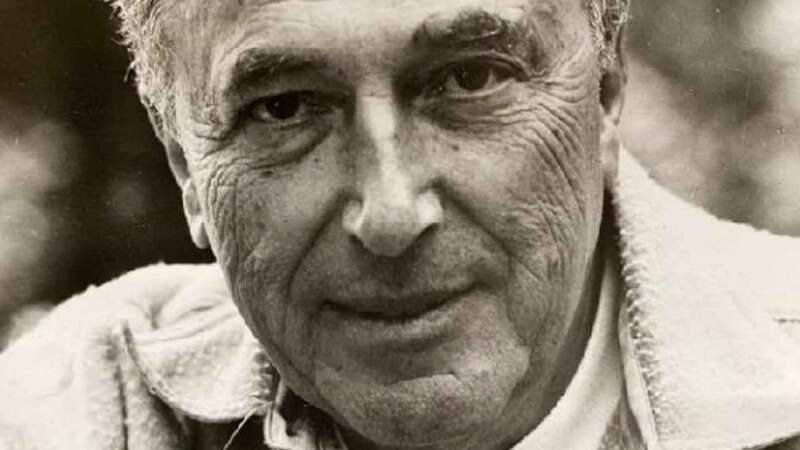You are viewing your 1 free article this month. Login to read more articles.
Obioma: 'I have worn my Booker-shortlisting as a badge of honour'
Man Booker Prize shortlisted author Chigozie Obioma will be headlining the Africa Writes Festival taking place at the British Library this weekend. As well as a conversation between Obioma and fellow author Irenosen Okojie discussing his writing, Igbo mythology, and stories of the everyday, there will be a staged performance of Obioma's debut The Fishermen, starring David Alade and Valentine Olukoga. We speak to Obioma about his work, his inspiration and his publishing journey.
What impact did being shortlisted for the Man Booker Prize in 2015 have on you and your writing?
It was a privilege. I have worn it as a badge of honour ever since, and I think it has opened many doors for me and my books, especially The Fishermen (Pushkin, ONE). For writers like me who are engaging with a specific culture, traditions and mythologies of a country like Nigeria, a place the world cares very little about, most international media won’t be interested in the work were it not brought to their attention by a prize body like the Booker.
Can you tell me a little bit about your new book An Orchestra of Minorities (Little, Brown)?
The novel is about a lonely and lowly poultry farmer whose life is changed when he encounters a woman trying to jump off a bridge and tries to save her. When he sees her again, she shows a surprising interest in him and needing her, he decides to do whatever he could to keep her, a decision that would lead to his transformation. The story is told by his chi, a 700-year-old reincarnating spirit which, in the Igbo religion, is believed to inhabit every individual. The chi makes a case for Chinonso and also for itself in what becomes, largely, an exploration of fate, destiny, class inequities, justice and the complexities of romantic love.
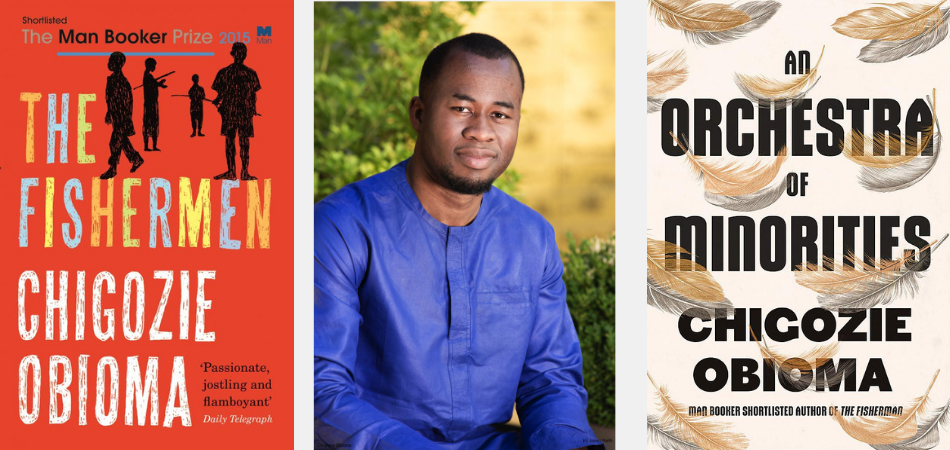
What was the inspiration for An Orchestra of Minorities?
I had always nursed a desire to write something that would explore the Igbo religion and cosmology as other traditions have done—in the West you have books like Dante’s Inferno, Paradise Lost, and for the Buddhism, perhaps George Saunder’s Lincoln in the Bardo. so I always knew I wanted to create a story around the guardian spirit, the chi in Igbo cosmology. But it was the human story of a man I knew in North Cyprus who lost everything he had when he came to Cyprus with a desire to return to the woman he loves that provided the access point into the novel. That man, whose story I wrote about for the Guardian a few years ago, would jump to his death after realizing he’d been duped. Chinonso makes similar choices in the novel when he decides to sell everything he owns to be able to get a quick education that would enable him marry Ndali, his love interest. But he would get a different education in the process and return to Nigeria a changed man. That change is also of utmost interest to me: I’m very interested in the emotional motility of people, what can change a person from an innocent person to mean spirited one? What can cause the love between brothers to turn to hate?
You were previously published by indie publisher Pushkin in the UK and now you're published by Little Brown, has there been any differences in the approaches of the two publishers?
As I understand, Little, Brown tried to get the rights to the paperback of The Fishermen but were not successful. I loved Pushkin Press but I was more committed to the editor who shaped my first book, Elena Lappin, than the publishing house itself. So, when she left, I had to think more in terms of an editor who would get my work. I can tell you that Ailah Ahmed is one of the best in the field! She’s so young but a thorough-bred genius.
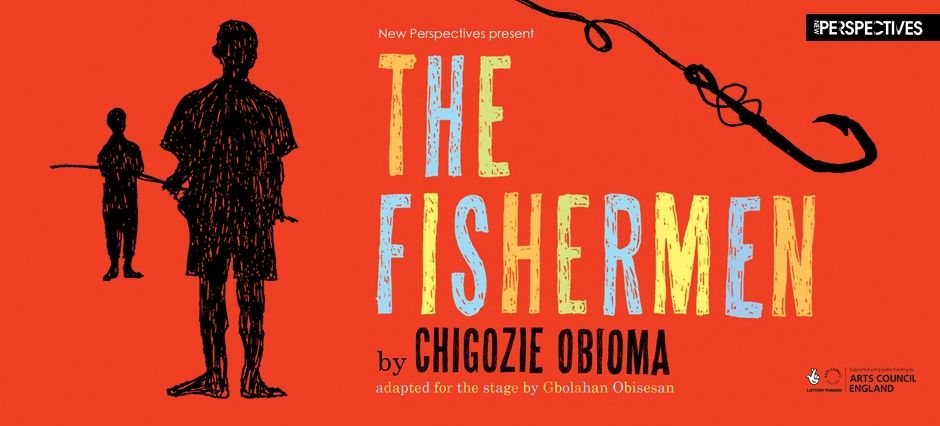
How are you feeling about headlining Africa Writes?
It is an honor, a profound one! I’m not sure what I have done, written, or said to deserve it. But the organizers, especially Marcelle Akita, Nancy Adimora and co, seem convinced that there has been something when I see myself as just starting out and unable to yet hit the mark I envision. For this, they are simply too kind and generous. I’m not sure they realize that this gesture will always be for me a defining moment in my career and that I will never forget it.
Your appearance at Africa Writes includes a staged reading of The Fishermen, adapted by Gbolahan Obisesan. What aspects of your work do you think best lend themselves to stage?
I cannot tell you enough how much I love the play adaptation of The Fishermen. Seeing the play last year was probably the biggest moment of my life so far outside of some very personal moments like my wedding. Gbolahan Obisesan and New Perspective’s Jack McNamara distilled the book into two characters who move fluidly through different characters. They electrify the book and create such emotional atmosphere that I feared I would be hung at the stakes by the crowd afterwards for creating the story because of how many people were crying around me at the end of the show! I urge everyone to go see it when it goes to Edinburgh Fringe and then the Trafalgar studios this autumn.
What are you working on at the moment?
I become discouraged after every book, but because I can't help myself, I have begun work on a novel again about sibling rivalry. It will take place in the 1960s Nigeria and will, as usual, combine elements of the supernatural in its framework, but nothing outrageous like the first two books. I look forward to sharing it with readers!
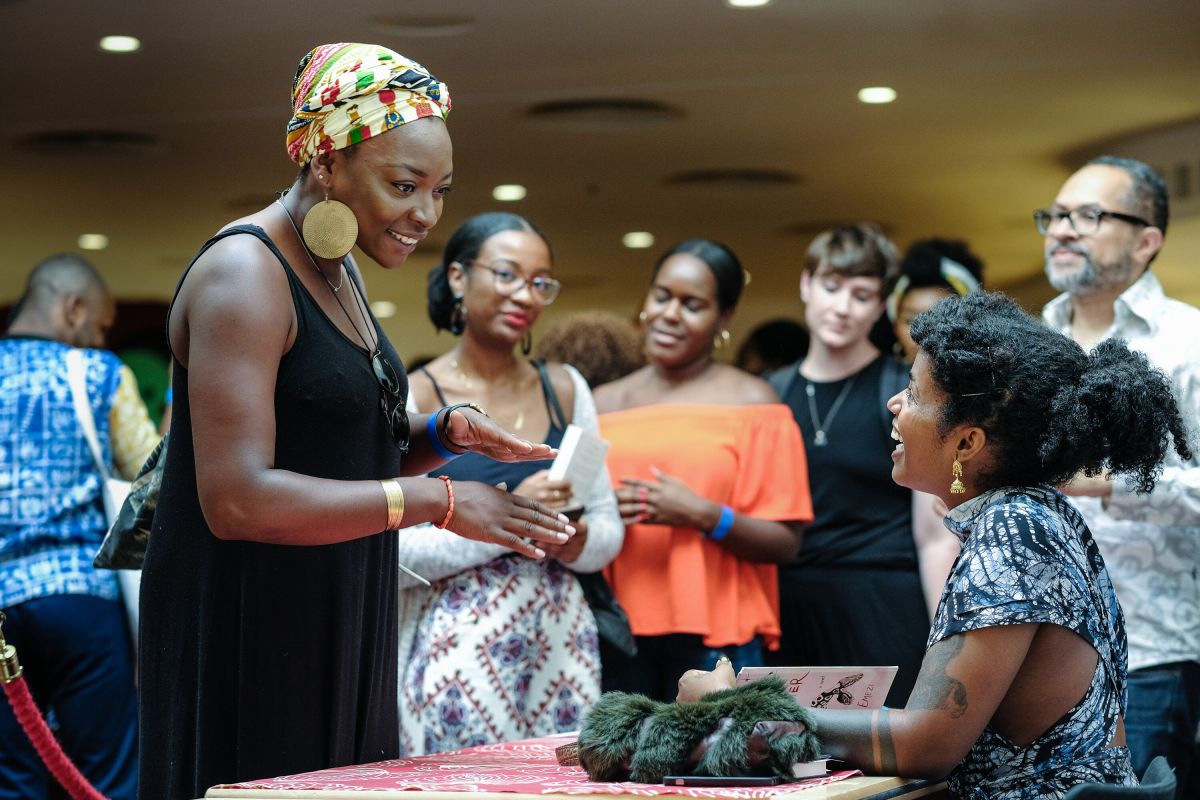
Africa Writes takes place from Friday 6th July to Sunday 8th July; the programme can be viewed here.











